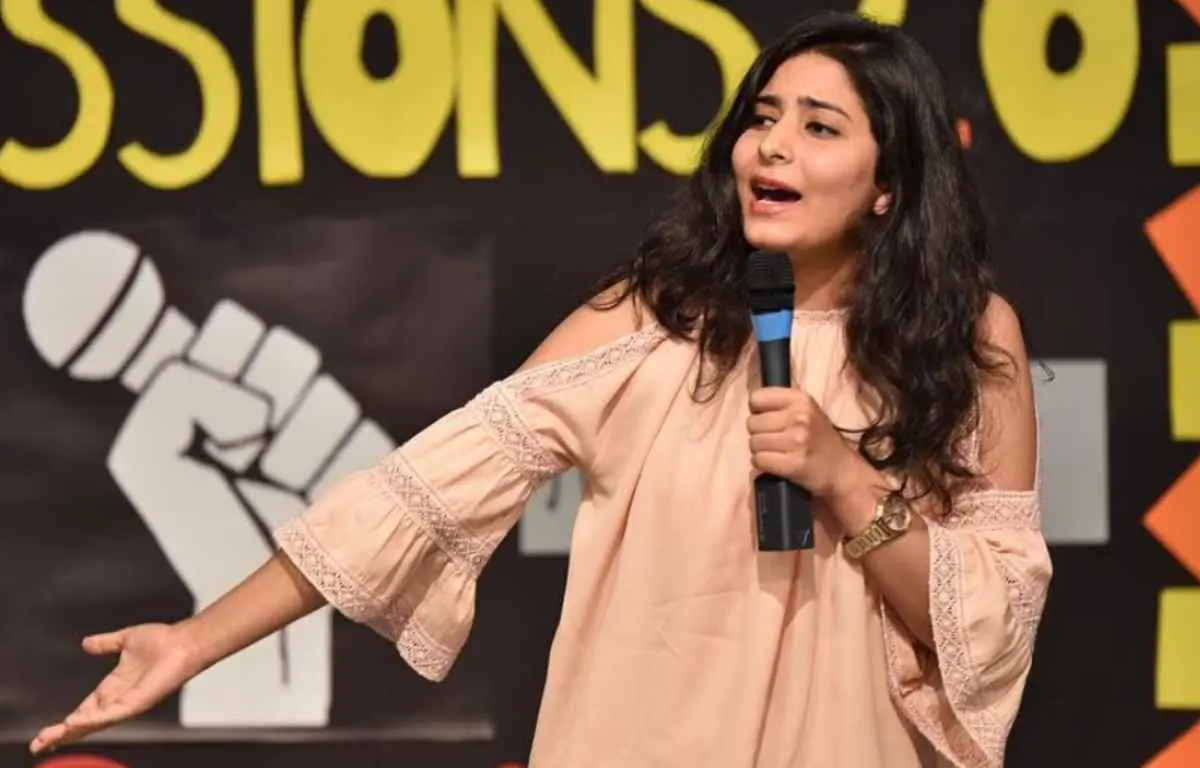Samay Raina asks Amitabh Bachchan for property share; WATCH
Comedian Samay Raina joins Amitabh Bachchan on 'Kaun Banega Crorepati 16', bringing humor and wit to the iconic quiz show with playful banter and a memorable moment.

Over the weekend, comedian Swati Sachdeva sparked controversy with a joke she posted on her Instagram. The joke revolved around the topic of reservations, and it quickly led to a backlash.
In response to a question on instagram about when she would perform a set at IIT Delhi, with the user also requesting her to reserve a seat if she did, Swati Sachdeva replied, “Quota wali aadatein gayi nahi tumhari [your quota habits haven’t gone away].”
Advertisement
The post drew criticism for its implications related to caste, and it has since been deleted. However, it has ignited a larger conversation about humor in India, especially considering that the majority of comedians in the country are from upper castes, and some have a history of making jokes that target reservation policies.
Advertisement
After removing the post, Swati Sachdeva has not issued any clarification or apology.
Earlier, in a nearly nine-minute video shared on YouTube, Swati had shared personal stories about her LGBTQ+ experiences, including coming out as bisexual. The video has garnered millions of views and represents her official coming-out moment in her stand-up career.
This incident is not the first time an Indian comedian has faced criticism for making anti-reservation jokes. Previously, comedian Neville Shah had a set on Amazon Prime where he mocked reservations in the medical field for underprivileged caste groups. Following considerable backlash, he issued an apology on Twitter.
Before that, comedian comedian Abish Mathew had posted a joke about Mayawati on his Twitter account, which he later took down and apologized for. Aditi Mittal had also made a joke about Mayawati in the past on her twitter.
Additionally, some old tweets by comedian Shubham Gaur, the brother of influencer and comedian Saloni Gaur, resurfaced on social media. These tweets contained derogatory comments about women’s bodies, the Muslim community, and caste-based reservations.
Advertisement